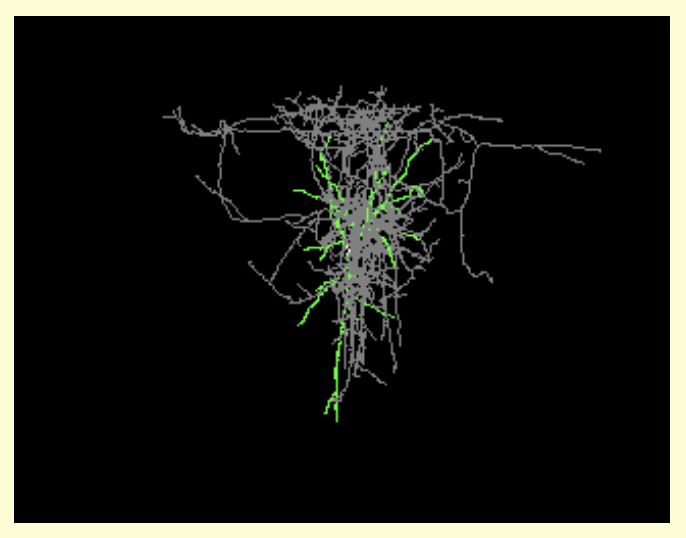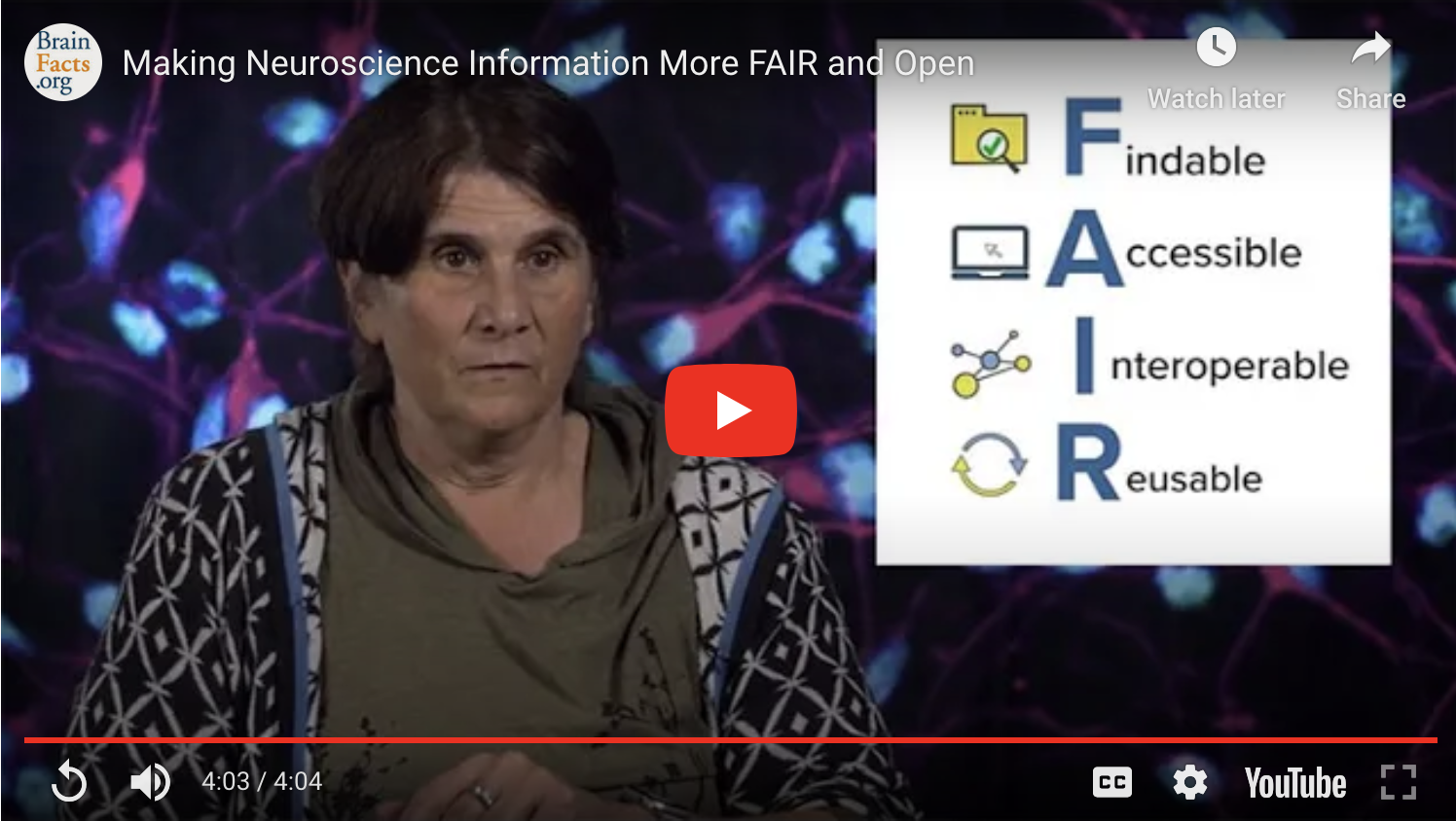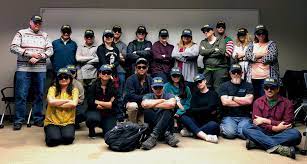A toxic environment selects for specialist microbiome in poison frogs.
Shifts in microbiome community composition can have large effects on host health. It is therefore important to understand how perturbations, like those caused by the introduction of exogenous chemicals, modulate microbiome community composition. In poison frogs within the family Dendrobatidae, the skin microbiome is exposed to the alkaloids that the frogs sequester from their diet and use for defense. Given the demonstrated antimicrobial effects of these poison frog alkaloids, these compounds may be structuring the skin microbial community. To test this, we first characterized microbial communities from chemically defended and closely related non-defended frogs from Ecuador. Then we conducted a laboratory experiment to monitor the effect of the alkaloid decahydroquinoline (DHQ) on the microbiome of a single frog species. In both the field and lab experiments, we found that alkaloid-exposed microbiomes are more species rich and phylogenetically diverse, with an increase in rare taxa. To better understand the strain-specific behavior in response to alkaloids, we cultured microbial strains from poison frog skin and found the majority of strains exhibited either enhanced growth or were not impacted by the addition of DHQ. Additionally, stable isotope tracing coupled to nanoSIMS suggests that some of these strains are able to metabolize DHQ. Taken together, these data suggest that poison frog chemical defenses open new niches for skin-associated microbes with specific adaptations, including the likely metabolism of alkaloids, that enable their survival in this toxic environment. This work helps expand our understanding of how exposure to exogenous compounds like alkaloids can impact host microbiomes.
Pubmed ID: 38260330 RIS Download
Additional research tools detected in this publication
Antibodies used in this publication
None foundAssociated grants
- Agency: NCI NIH HHS, United States
Id: P30 CA124435
Publication data is provided by the National Library of Medicine ® and PubMed ®. Data is retrieved from PubMed ® on a weekly schedule. For terms and conditions see the National Library of Medicine Terms and Conditions.
This is a list of tools and resources that we have found mentioned in this publication.
UNITE (tool)
RRID:SCR_006518
A fungal rDNA internal transcribed spacer (ITS) sequence database (although additional genes and genetic markers are also welcome) to facilitate identification of environmental samples of fungal DNA. Additional important features include user annotation of INSD sequences to add metadata on, e.g., locality, habitat, soil, climate, and interacting taxa. The user can furthermore annotate INSD sequences with additional species identifications that will appear in the results of any analyses done. UNITE focuses on high-quality ITS sequences generated from fruiting bodies collected and identified by experts and deposited in public herbaria. In addition, it also holds all fungal ITS sequences in the International Nucleotide Sequence Databases (INSD: NCBI, EMBL, DDBJ). Both sets of sequences may be used in any analyses carried out. UNITE is accompanied by a project management system called PlutoF, where users can store field data, document the sequencing lab procedures, manage sequences, and make analyses. PlutoF intends to make it possible for taxonomists, ecologists, and biogeographers to use a common platform for data storage, handling, and analyses, with the intent of facilitating an integration of these disciplines. A user can have an unlimited number of projects but still make analyses across any project data available to him.
View all literature mentionsSigma-Aldrich (tool)
RRID:SCR_008988
American chemical, life science and biotechnology company owned by Merck KGaA. Merger of Sigma Chemical Company and Aldrich Chemical Company. Provides organic and inorganic chemicals, building blocks, reagents, advanced materials and stable isotopes for chemical synthesis, medicinal chemistry and materials science, antibiotics, buffers, carbohydrates, enzymes, forensic tools, hematology and histology, nucleotides, proteins, peptides, amino acids and their derivatives.
View all literature mentionsHoward Hughes Medical Institute (tool)
RRID:SCR_011281
Nonprofit medical research organization that ranks as one of the nation's largest philanthropies for advancing biomedical research and science education in the United States. Known for its scientific research and modern architecture.
View all literature mentionsThermo Exploris 240 LC/MS system (instrument resource)
RRID:SCR_022216
Exploris 240 system is hybrid quadrupole Orbitrap mass spectrometer with Waters H-Class Acquity, ZipChip, and DART front ends. Flexible platform for wide range of small molecule and intact protein analyses.
View all literature mentionsStanford University Vincent Coates Foundation Mass Spectrometry Laboratory Core Facility (service resource)
RRID:SCR_017801
Core mass spec and proteomic services include open access lab for trained users with GC/MS, LC/MS, high resolution LC/MS, and MALDI-TOF instruments, help with intact protein analysis, targeted quantitation, drug discovery support, pathway analysis, protein interactions, FFPE tissue analysis, both labeled and label-free proteomics, and more. Please contact SUMS to discuss these and other custom projects including new application development.
View all literature mentions




